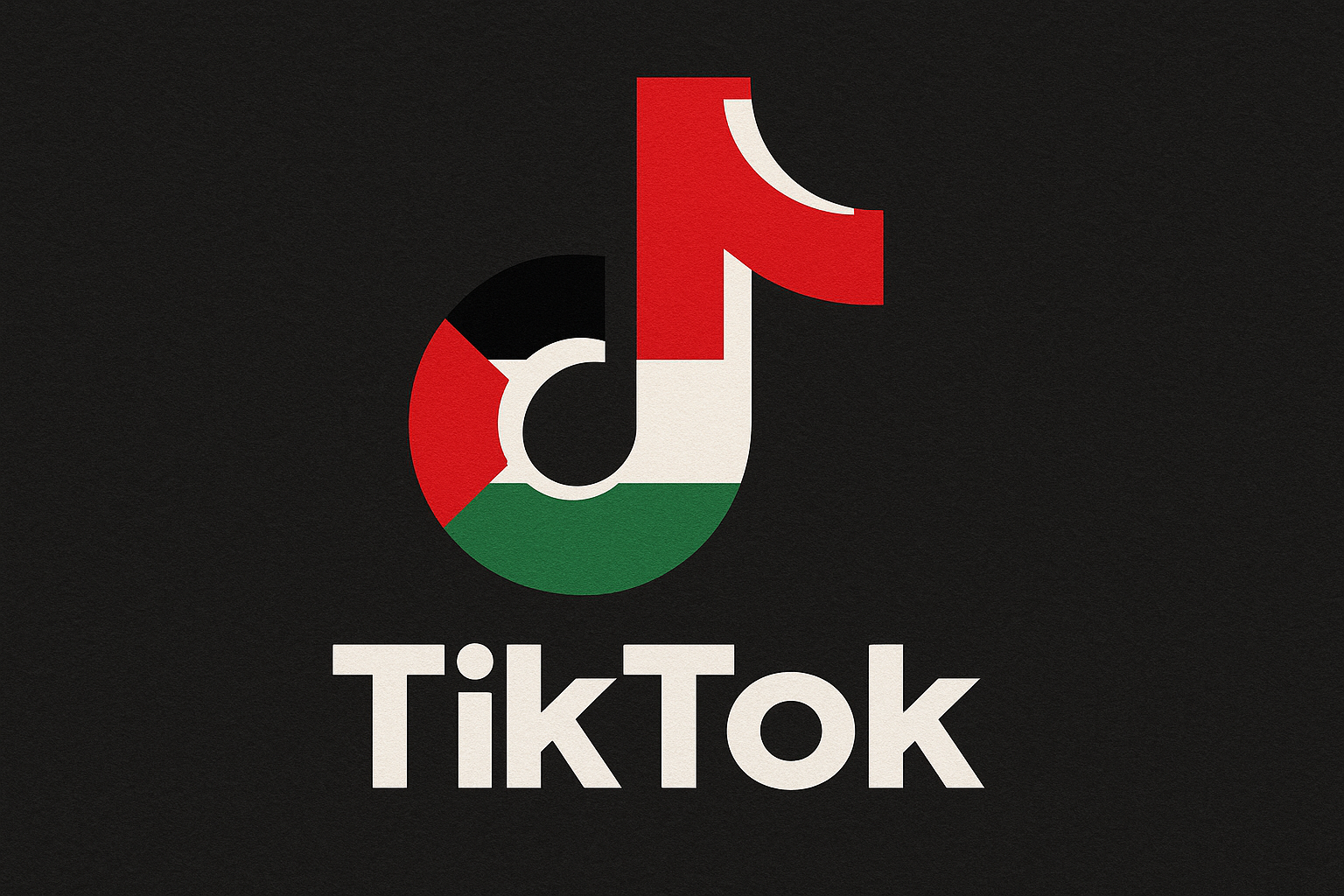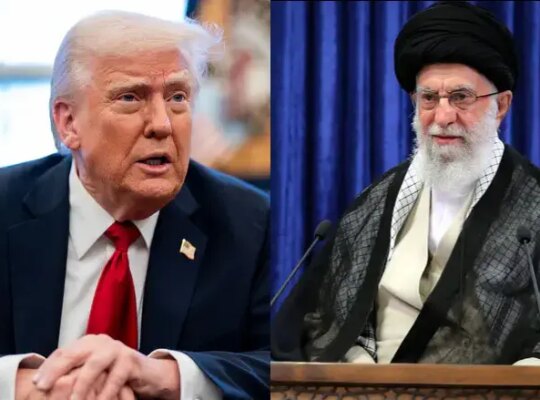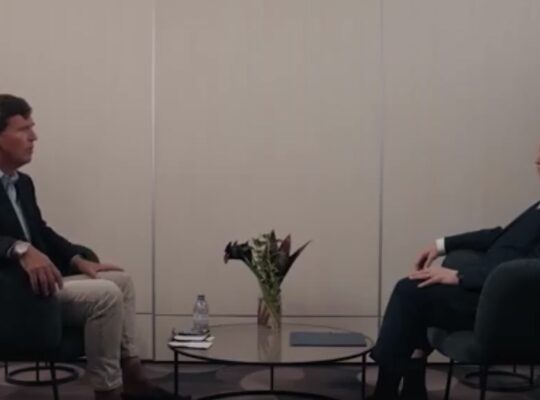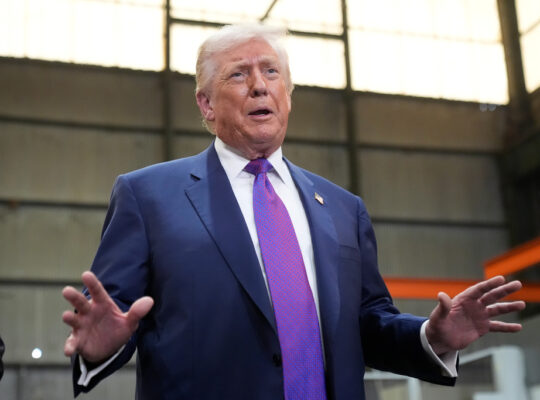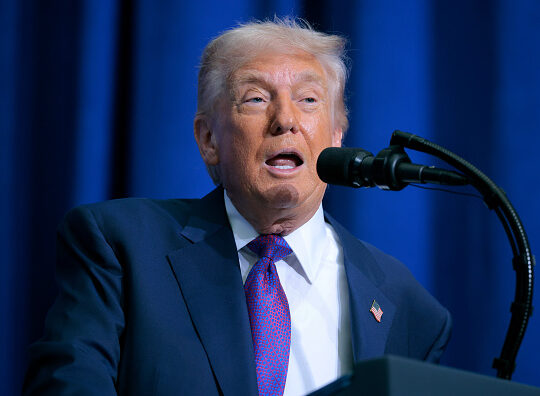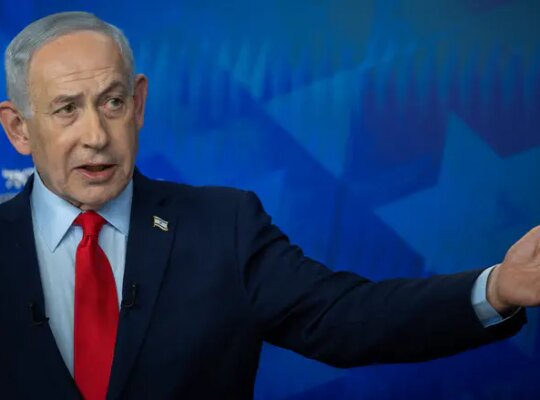TikTok has becomes the leading social media platform for pro-Hamas content, according to a new report that’s reigniting calls in Washington to ban the Chinese-owned app.
Researchers at Cybersecurity for Democracy, a joint project of New York University and Northeastern University, found that for every pro-Israel post on TikTok in September, there were roughly 17 promoting Hamas propaganda. The study analyzed hundreds of thousands of videos posted in the United States and concluded that the platform’s algorithm continues to amplify one side of the conflict far more than the other.
The imbalance mirrors what researchers first documented in 2023, when Hamas’s October 7 massacre triggered an online information war that quickly spilled into American politics. Two years later, TikTok remains the most influential arena for shaping young Americans’ views of the war in Gaza—and it isn’t a fair fight.
“Social media has had a major impact on how people feel about the war,” said Darrell West, a senior fellow at the Brookings Institution. “There are very graphic videos that demonstrate the depth of human suffering that has taken place.”
While pro-Israel and pro-Hamas videos drew comparable total views, pro-Palestinian clips went viral far more often, averaging 11,500 views compared to just 2,400 for pro-Israel content. The researchers also found little overlap between the two spheres—videos tagged #FreePalestine almost never appeared with pro-Israel hashtags such as #StandWithIsrael—creating parallel echo chambers that rarely interact.
TikTok has long denied any political bias, insisting its algorithm reflects user engagement, not ideology. But the study comes as Republican lawmakers renew efforts to ban the app, citing its Chinese ownership and its role in promoting anti-Israel narratives to American youth.
Last month, President Donald Trump claimed to have “saved TikTok” by extending the platform’s shutdown deadline for a fourth time, giving negotiators until December 16 to finalize a framework deal with Beijing. The agreement, reached in principle last month, would spin off TikTok’s U.S. operations into a new company with a mostly American board while allowing ByteDance to license its algorithm under strict oversight.
White House officials insist the move will secure U.S. user data and “neutralize Chinese influence,” but lawmakers from both parties remain skeptical. Rep. John Moolenaar (R., Mich.), chair of the House Select Committee on the Chinese Communist Party, warned Thursday that the proposed arrangement “raises serious national-security concerns” and argued that any deal letting China retain control over TikTok’s recommendation engine would amount to “leaving the keys in Beijing’s hands”.
Source link


